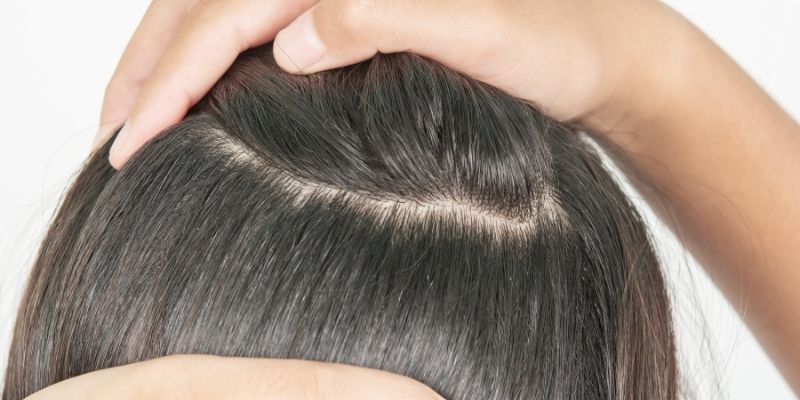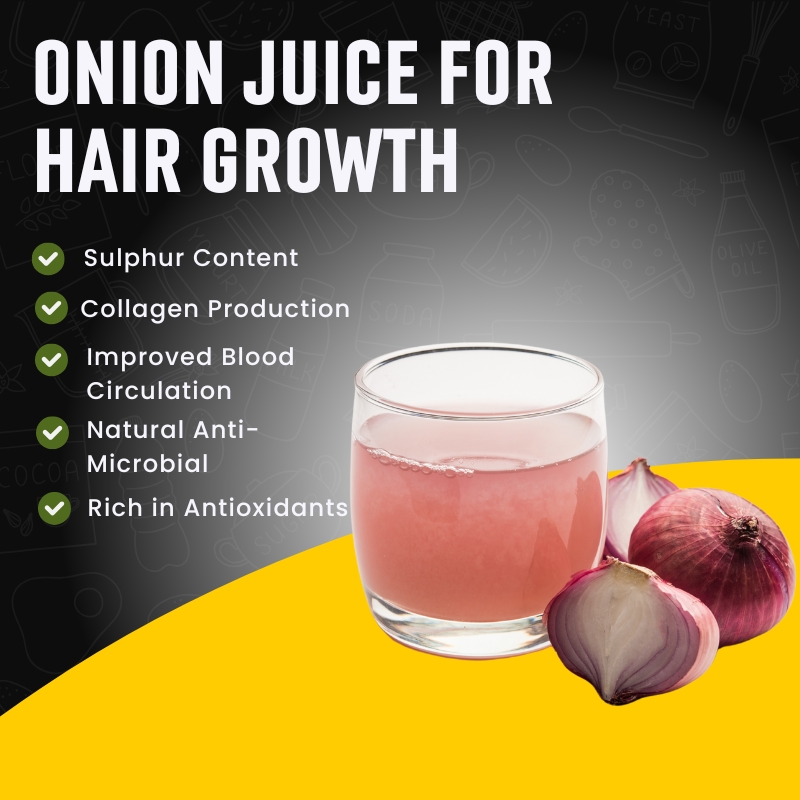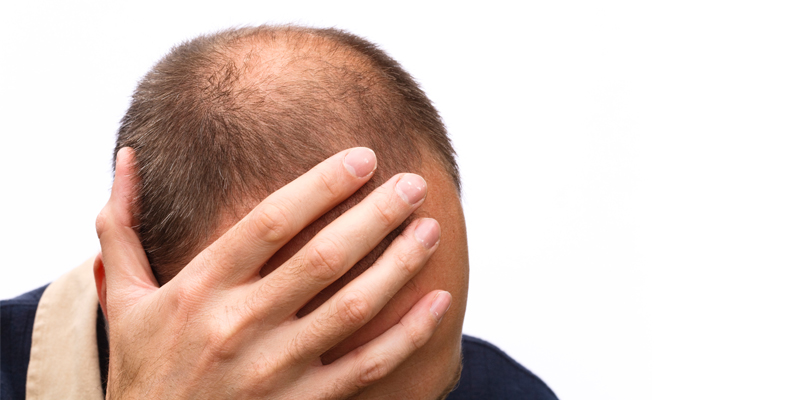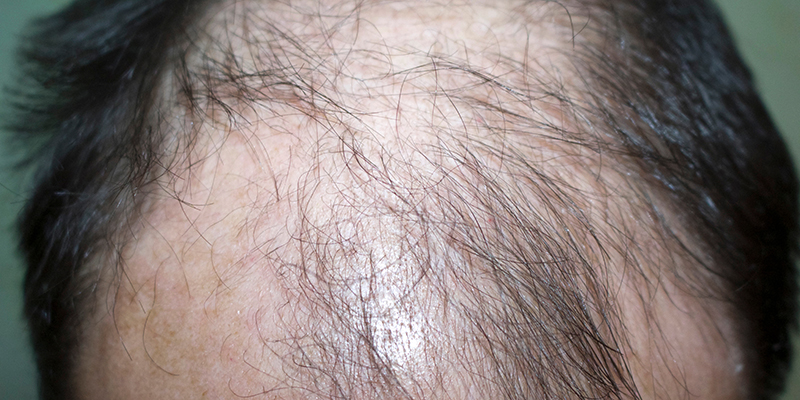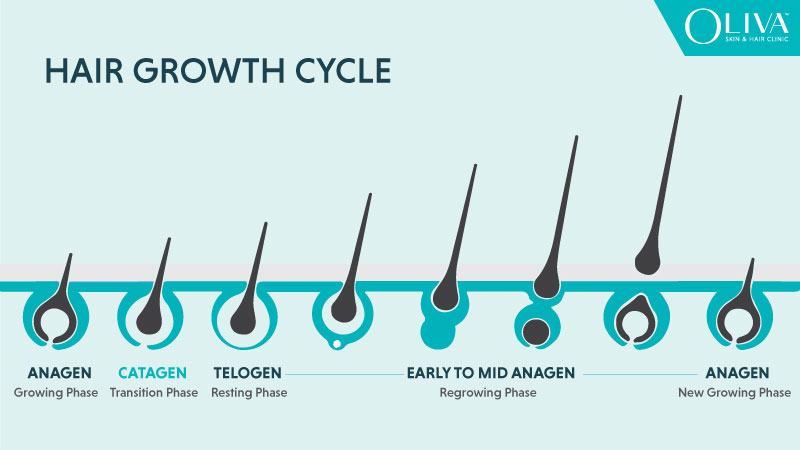Is Lemon Good for Hair? Benefits, Uses & Side Effects Explained
The zesty lemons are a powerhouse of nutrients that can help your hair stay healthy. Lemons, loaded with antioxidants in the form of vitamin C, can be your go-to solution if you experience frequent dandruff, as it can balance the pH levels of the scalp. Let us take a closer look at the benefits of lemons and explore the uses of lemon for hair.
In This Article

Is Lemon Good for the Hair?
Due to its high vitamin C concentration, lemon is good for hair in several ways, including calming frizz, adding volume, and improving shine. Lemon, with its high antioxidant content, can aid in maintaining healthy, silky hair. In addition, the folic acid in lemons also enhances overall hair health by increasing keratin production and blood supply to the scalp. Due to its high acidity, lemon can serve as a bleaching agent. Nevertheless, it may also increase your scalp and hair’s sensitivity to the sun. Hence, it is advisable to dilute lemon juice in water or mix it with other oils safely.
Is Lemon Good for All Hair Types?
Lemon is suitable for all hair types, including oily, curly, and dry. Let us understand how:
- Oily hair: Incorporating lemon into their hair care routine for individuals with oily hair can reduce greasiness and foster a balanced scalp environment.
- Curly hair: If used carefully and in small quantities, lemon juice can enhance shine, control frizz, and promote hair growth for those with naturally curly hair.
- Dry hair: Pairing lemon with moisturising ingredients like honey, olive oil, jojoba oil, coconut oil, or shea butter helps harness its nutritional goodness to the best.
- Dandruff: The exfoliating and antifungal properties of lemon are highly beneficial in keeping the scalp clean and alleviating itchiness and flakiness.
Benefits of Using Lemon for Hair
There are a plethora of benefits of using lemon on hair:
- Makes Your Hair Look Shiny: Lemon is a natural conditioner that smoothens the hair cuticle, resulting in a shinier appearance.
- Natural Lightening: Citric acid is also an organic bleaching agent; hence, applying lemon on hair can cause hair to lighten naturally. However, it is advisable to exercise caution when using it with hair of darker hues, as lemon can tint darker hair orange. Thus, it is more suitable for light hair colours.
- Fighting Dandruff: Using lemon for dandruff can be beneficial as citric acid reduces inflammation and helps keep the scalp clean by balancing its pH. It is also exfoliating and antibacterial, which regulates oil and dirt buildup in check and fights dandruff-causing bacteria.
- Treats Oily Scalp: Citric acid in lemon helps remove excess sebum, grime and buildup from hair, unclogging the pores and cleaning th
- Boosts Hair Growth: Vitamin C increases scalp blood circulation and nourishes hair by maintaining a healthy environment.
- Hair Color: The brightening effect of lemons can enhance the sheen of natural hair colour.
- Natural Hair Cleanser: Lemon juice can act as a natural cleanser, removing deposits and impurities from the scalp and keeping it fresh.
- Natural Hair Perfume: Lemon’s zesty and refreshing notes make for an excellent natural fragrance for hair.
How to Use Lemon Juice for Hair?
You can exploit the benefits of lemon for your hair in multiple ways. Some of them are as follows:
- Lemon Juice Rinse: Combine lemon juice and olive oil in equal parts. Apply the mixture to your hair and scalp, leave it on for 30 minutes, then rinse thoroughly.
- Lemon Juice Hair Mask: Mix two tablespoons of lemon juice and aloe vera gel. Add one tablespoon of honey and apply the mask for 20-30 minutes. Wash off with shampoo as usual.
- Lemon Juice for Dandruff: Dilute 2 tablespoons of lemon in 1/4th cup of water. You can also add 1 tablespoon of honey or aloe vera. Apply directly on the scalp with a cotton ball and gently massage. Leave for 20 minutes before thoroughly rinsing off.
- Lemon Juice and Coconut Oil Hair Mask: Mix equal parts of lemon with coconut for hair mask preparation. Massage gently into the roots and let it sit for 45 minutes. Wash it off with a moisturising shampoo and conditioner.
- Lemon Juice and Honey Hair Mask: To damp hair, apply 1 tablespoon of lemon juice mixed with 2-3 tablespoons of honey. Massage well and follow up with shampooing.
- Lemon Juice and Curd Hair Mask: Add 1 tablespoon of fresh lemon juice to 2 tablespoons of curd to prepare a conditioning lemon and curd mask for hair. Apply uniformly from roots to ends. Leave for half an hour and follow up with shampoo as usual.
- Lemon Juice and Olive Oil Hair Mask: Mix 1 tablespoon of fresh lemon juice with 2 tablespoons of olive oil and slightly warm the mixture. Apply on the scalp and hair, targeting roots and ends evenly, and cover it with a warm towel. Leave for 45 minutes and shampoo thoroughly.
Side Effects of Using Lemon on Hair
Let us learn about some of the possible side effects of lemon on hair:
- Scalp Irritation
- Hair Dryness
- Risk of Hair Lightening
- Contact Reaction
- Protein Loss
- Colour Damage
- Sun Sensitivity
- Allergic Reactions
- Not Suitable for All Hair Types
NOTE:
Always perform a patch test before application to prevent irritation and other reactions. If you experience any adverse effects after using lemon for hair, seek immediate dermatological assistance.
Takeaway
Rich in vitamin C, citric acid and other nutrients, lemon can be a powerful natural ingredient in your hair care routine. It keeps your scalp clean, effectively manages oiliness, and tackles dandruff and dryness. Applying lemon on hair can also boost growth and enhance its natural shine. Nonetheless, lemon’s strong acidity can cause hair and scalp dryness, irritation, rapid lightning, and increased photosensitivity. Conducting a prior patch test and using lemon juice in its diluted or combined form is always advisable for safe and effective use.
Frequently Asked Questions
Mix equal portions of lemon juice and warm coconut oil. Gently dab the mixture on the hair roots with a cotton ball or apply using your fingertips. Massage it into your scalp and rinse thoroughly after 30 minutes, or leave overnight for deep conditioning.
Yes, you can. Mix two teaspoons of lemon juice with one cup of curd. Apply the mixture to your hair, and after around 40 minutes, wash it with a light shampoo.
Directly apply dilute lemon juice to your scalp and let it sit for around 30 minutes before following your regular hair-wash routine. Be careful to do a patch test before applying directly.
Lemon juice can reduce flakiness, dryness, and itchiness on the scalp. It can boost blood flow and rejuvenate the scalp, encouraging hair growth. However, being acidic, it can dry out the scalp if not used moderately and in diluted form.
Yes, citric acid in lemon has antimicrobial properties that protect the scalp against various infections and effectively combat dandruff. Its exfoliating nature helps keep the scalp clean, stimulates new hair growth, and makes them lustrous. Nonetheless, it can make your hair and scalp photosensitive and cause skin irritation if not used in diluted form or in moderate amounts.
Lemon juice can restore the scalp’s slightly acidic pH, helping to keep dandruff, dirt, and dead cell buildup at bay, resulting in a healthy scalp and shinier hair.
Since lemons are acidic and high in vitamin C, their use can lead to scalp dryness, irritation or even sun damage. Always perform a patch test, use lemon juice in diluted form and prevent sun exposure for at least a day after using lemon on hair.
You can prepare a hair mask with 2 tablespoons of olive oil or coconut oil and 4-5 drops of lemon. For extra nourishment, you can add curry leaves and honey. Apply this mixture to your roots and wash thoroughly with a shampoo after 30 minutes.
Owing to its high acidity, direct application of lemon is not recommended. You can dilute it with water or mix it with other oils or honey to reduce its acidic potency.
Leave a lemon-based treatment on your scalp for 30-40 minutes. You can leave it overnight for extra conditioning if mixed with a light oil such as olive oil.
Lemon juice alone cannot remove hair. However, it can bleach hair and make it less visible. Lemon and sugar together can create a sugaring solution that has remained an age-old hair removal technique.
Excessive and direct application of undiluted lemon juice can cause potential hair damage, making them frizzy and brittle. It can also lead to dry, itchy, and sore scalp.
If you have sensitive skin prone to photodamage, lemon juice might not suit you.
Lemon can temporarily adjust the scalp’s pH, protecting it against dandruff-causing bacteria. Its effects are, hence, short-lived.
Our certified subject matter experts do extensive research and collate facts from reputed scientific journals and international studies to create informative and engaging articles related to all your dermatology concerns. They strive to help you decipher medical jargon, distinguish fact from fiction and overcome paranoia. Our qualified medical board or expert panel goes a step further to verify these facts based on their rich academic knowledge, vast clinical experience and critical industry insights to ensure you consume only medically accurate content that empowers you to make informed decisions about your hair and skin-care treatments and weight management. Check out our Editorial policy for further details.
https://pmc.ncbi.nlm.nih.gov/articles/PMC9787355/
https://pmc.ncbi.nlm.nih.gov/articles/PMC4500699/


